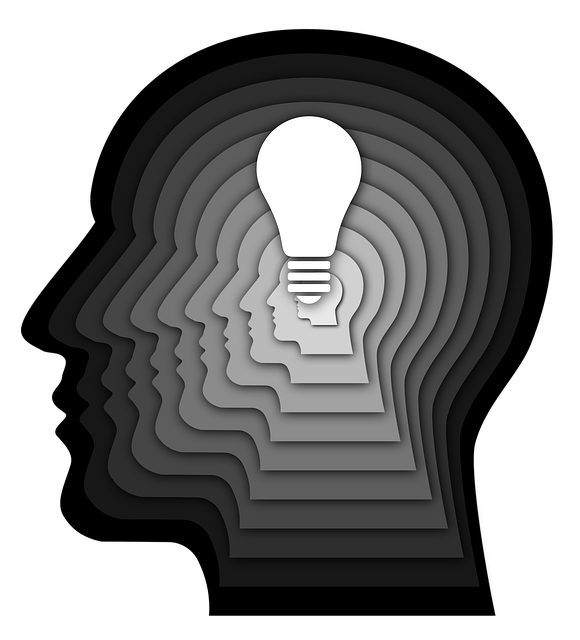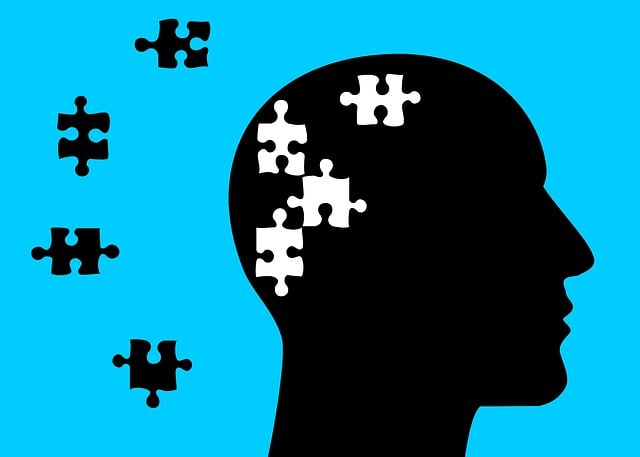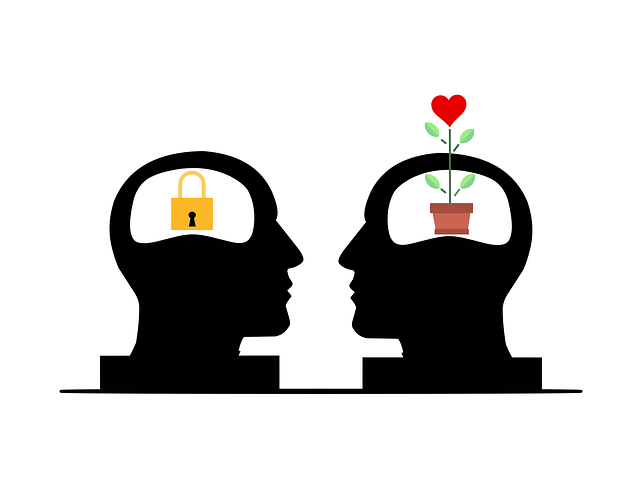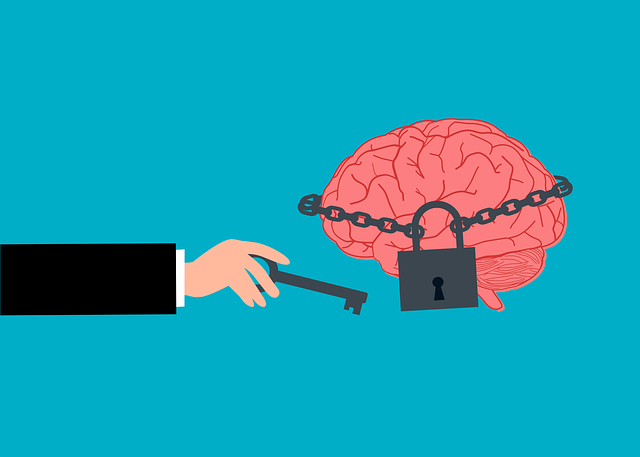Wheat Ridge Neuro Disorders Therapy emphasizes mindfulness meditation as a core practice for improved mental wellness, preventing depression, and managing life's challenges. Creating a peaceful home sanctuary, setting intentions, and regular practice lead to enhanced focus and relaxation. Techniques like focused breathing and self-awareness exercises promote emotional regulation and mental clarity. Integrating mindfulness into daily routines and using resources from Wheat Ridge Neuro Disorders Therapy deepens engagement, improves well-being, and tracks progress towards personal goals.
“Unwind your mind and embrace tranquility with our comprehensive guide to mindfulness meditation. This practice, a cornerstone of Wheat Ridge Neuro Disorders Therapy, offers a path to enhanced focus and calm. Learn how to prepare your space and mindset for optimal meditation sessions. Discover diverse techniques to deepen relaxation and integrate mindfulness into daily routines for lasting benefits. Additionally, gain insights on tracking progress and overcoming challenges along your meditation journey.”
- Understanding Mindfulness Meditation: A Foundation for Wheat Ridge Neuro Disorders Therapy
- Preparing Your Space and Mindset for Effective Meditation Practice
- Techniques and Exercises to Enhance Focus and Relaxation
- Integrating Mindfulness into Daily Life: Strategies for Sustained Benefits
- Tracking Progress and Overcoming Common Challenges in Meditation Journey
Understanding Mindfulness Meditation: A Foundation for Wheat Ridge Neuro Disorders Therapy

Mindfulness meditation is a foundational practice within Wheat Ridge Neuro Disorders Therapy, offering a powerful tool for cultivating present-moment awareness and improving mental wellness. It involves training your attention to focus on the here and now, accepting thoughts and sensations as they arise without judgment. This simple yet profound practice has been shown to significantly enhance confidence boosting and depression prevention strategies. By integrating mindfulness into daily routines, individuals can develop a deeper understanding of their minds and emotions, fostering better mental health management.
Regular meditation practice supports individuals in navigating life’s challenges with greater resilience. It encourages individuals to observe their thoughts and feelings without getting caught up in them, promoting a sense of detachment from negative thought patterns. This skill is particularly beneficial for those seeking effective Depression Prevention strategies, as mindfulness can help disrupt unhelpful cognitive processes that contribute to low mood. Additionally, Mental Wellness Journaling Exercises guided by mindfulness principles can offer valuable insights and reinforce the practices learned during meditation sessions.
Preparing Your Space and Mindset for Effective Meditation Practice

Creating a dedicated space for meditation is an important first step in cultivating mindfulness. In your own home, choose a quiet area where you can comfortably sit and be undisturbed. A calm environment facilitates deeper focus and relaxation, allowing you to fully immerse yourself in the practice. Consider using soft lighting or candles to create a soothing ambiance that supports emotional well-being promotion techniques.
Before beginning each session, take a moment to set an intention and clear your mind. This mental preparation is crucial for effective meditation. Reflect on why you’re practicing mindfulness—whether it’s for stress reduction, improved concentration, or better emotional regulation. Such introspection guides your mindset, making it easier to stay present and centered throughout the process. This practice can even enhance your overall mental wellness journaling exercise guidance over time.
Techniques and Exercises to Enhance Focus and Relaxation

Mindfulness meditation, a practice gaining popularity through Wheat Ridge Neuro Disorders Therapy and beyond, offers a range of techniques and exercises to enhance focus and relaxation. One such technique involves focused breathing, where individuals direct their attention to the sensation of air flowing in and out of their bodies, helping to quiet the mind and cultivate present-moment awareness. This simple yet powerful practice can be particularly effective for beginners, serving as a foundation for deeper meditation experiences.
Additionally, self-awareness exercises play a crucial role in mindfulness meditation. By regularly engaging in activities that encourage introspection, such as journaling or mindful walking, individuals can develop a stronger connection to their thoughts and emotions. This heightened emotional regulation, facilitated by consistent practice, allows for better coping mechanisms during stressful situations. Whether through focused breathing or self-awareness exercises, these techniques collectively contribute to a state of profound relaxation and mental clarity.
Integrating Mindfulness into Daily Life: Strategies for Sustained Benefits

Integrating mindfulness into daily life is key to reaping sustained benefits, transforming even the busiest routines into moments of calm and clarity. This doesn’t require adopting a rigid meditation schedule; instead, it’s about incorporating mindful practices that align with your lifestyle. Simple strategies include engaging in mindful eating, where you savor each bite, or practicing gratitude during morning or evening routines by reflecting on positive experiences. These small shifts can significantly enhance emotional intelligence, fostering a sense of inner peace and resilience.
For those seeking deeper engagement, Wheat Ridge Neuro Disorders Therapy offers valuable resources. Their expertise includes compassion cultivation practices, techniques proven to strengthen connections with oneself and others. By regularly incorporating these mindfulness strategies into your life, you can effectively manage stress, improve focus, and enhance overall well-being—all while acknowledging that consistent practice is the cornerstone of sustainable mental health improvements, just as a risk assessment for mental health professionals would emphasize.
Tracking Progress and Overcoming Common Challenges in Meditation Journey

As you embark on your mindfulness meditation journey with Wheat Ridge Neuro Disorders Therapy, tracking your progress is a crucial step to measure success and identify areas for improvement. Start by setting realistic goals aligned with your personal objectives—be it stress reduction methods, self-esteem improvement, or resilience building. Regularly reflect on your daily practice, noting down changes in mood, focus, and overall well-being. This introspection allows you to see the subtle shifts that might not be immediately apparent.
Challenges are inevitable during this process. Common hurdles include maintaining consistency, managing distractions, and overcoming resistance to stillness. Remember, each struggle is an opportunity for growth. Embrace these challenges with curiosity and compassion. Consider them as part of your unique tapestry of experiences rather than roadblocks. With persistence and a willingness to learn, you’ll find yourself becoming more adept at navigating these obstacles, ultimately deepening your meditation practice and enhancing your overall mental health.
Mindfulness meditation, as a cornerstone of Wheat Ridge Neuro Disorders Therapy, offers a transformative journey towards enhanced focus, relaxation, and overall well-being. By understanding its fundamentals, preparing your environment and mindset, and employing various techniques, you can unlock the power to integrate mindfulness into daily life. Overcoming challenges along the way, tracking progress, and adopting strategies for sustained benefits will ensure a successful meditation practice, leading to a calmer, more centered existence.














